A veteran researcher says they are not only immoral, but they may also be quite dangerous
By Stefanie Stark, special correspondent to Inside the Vatican
“I am Catholic, but my opposition to the use of fresh material from the bodies of aborted babies is not just a Catholic perspective and doesn’t even have to be a religious perspective.”
-Dr. Theresa Deisher
Dr. Theresa Deisher obtained her Ph.D. in Molecular and Cellular Physiology from Stanford University School of Medicine. She is an expert in cellular technologies. Opposite, a laboratory at the university
Coronavirus infections and deaths continue to rise in America and around the world. While elected leaders and the medical and scientific communities wrestle with how best to contain the pandemic, economies are perched on the edge of social and financial ruin. There is an ever-increasing urgency to find a cure for COVID-19.
The proposed solution is a COVID-19 vaccine, created at “warp speed,” and set to be administered to the entire world’s population. According to a recent New York Times article, in the history of medicine, rarely has a vaccine been developed in less than five years and approved for use. The goal now, we are told, is to have a vaccine approved by late 2020 or early 2021.
The two most likely COVID-19 vaccine candidates for fast approval, Moderna and Oxford University/AstraZeneca, are both developed using fetal cell lines from aborted babies. These two frontrunners are also joined by CanSino Biologics/Beijing Institute of Biotechnology, and Inovio Pharmaceuticals in developing COVID-19 vaccines using aborted fetal cell DNA.
It is not commonly known or openly disclosed by drug manufacturers that aborted fetal cell lines have been used since the 1980s in the manufacture of vaccines including varicella (chickenpox), MMR (measles/mumps/rubella), hepatitis A, polio, shingles, and rabies vaccines.
Should Catholics be concerned about both the health and moral issues surrounding the upcoming COVID-19 vaccine? I reached out to Catholic researcher Dr. Theresa Deisher for insight into this topic. Dr. Deisher obtained her Ph.D. in Molecular and Cellular Physiology from Stanford University School of Medicine. She is an expert in stem cell research, the founder of the AVM Biotechnology research company, and the founder and director of the nonprofit Sound Choice Pharmaceutical Institute.
—Special ITV Correspondent Stefanie Stark
Stefanie Stark: You are an accomplished researcher into adult stem cells. You have 47 patents and three discoveries in clinical trials. What has been the primary area of your research and discoveries? And what led you into this field of vaccines?
Dr. Theresa Deisher: We have a biotech company, and our focus there is not on vaccinations but on more natural stimulation of the immune system with drugs. In our nonprofit, Sound Choice Pharmaceutical Institute, we have been involved in researching and sharing information on the health consequences of having primitive DNA in the contaminants of the final products of vaccines.
Tell me about the work of Sound Choice Pharmaceutical Institute. And did your Catholic faith lead you to this work?
Dr. Deisher: The mission of the Sound Choice Pharmaceutical Institute is to do scientific research about the public health consequences of using biologic material from exploited human beings in our medical products, and to give seminars and to share this information, through peer-reviewed published research, with the public. We also promote alternatives to replace any products that are developed or manufactured in a way that a human being is exploited or harmed.
I am Catholic, but my opposition to the use of fresh material from the bodies of aborted babies is not just a Catholic perspective and doesn’t even have to be a religious perspective. Philosophically, it is a disgusting way to treat the body of another human being.This belief led me to form the company and the nonprofit organization. And it was my faith that led me to form an openly ethical organization where we openly proclaim what our mission is: to end human exploitation in biomedical research and drug development.
What are the facts about fetal cell material? Where does it come from and why do they use it in medicines and, particularly, in vaccines?
Dr. Deisher: What we are talking about here is the use of cell lines that were made from the bodies of electively aborted babies. You would be concerned from a public health perspective if these were cell lines from miscarried babies because, regardless of how the material is sourced, it is primitive material and poses a danger to have contaminants in the final product that is used for a human being for medicine. So in this case, electively aborted babies and their bodies were used to generate cell lines that could grow indefinitely in the lab.
Then, to make the virus that goes into vaccines, scientists mimic nature’s way of replicating or growing a virus. And they infect these fetal cells with the virus, and the virus grows. Then they try to isolate it from the cell lines.
But you cannot purify away the fetal DNA contaminants without having a viral yield that’s so low that the vaccine would cost thousands of dollars instead of a $100 or $200 vaccine.
So there are large amounts of fetal DNA fragments from that cell line that are in vaccines.
And we give these vaccines to children who have a really small blood volume. We’re giving them a very high concentration that is known to have profound biologic activity and a profound effect on the human body.
“And it was my faith that led me to form an openly ethical organization where we openly proclaim what our mission is: to end human exploitation in biomedical research and drug development”
When did vaccine manufacturers move from using animal cells to human fetal cells in the production of vaccines?
Dr. Deisher: It depends on the country. In the US it was approved in 1979. In Canada, it was 1984. In the UK, the fetal MMR was approved in 1988. So there is a bit of a spread from country to country. But in the 1980s some of the vaccine manufacturing was switched from animal cell-based to human fetal cell-based.
It is interesting that now there is a move by these pharmaceutical companies to switch back. For instance, Sanofi [a major French drug manufacturer headquartered in Paris] just changed their manufacturing of the polio component — they have 3 different vaccines that have polio in them that were made from a human fetal cell line — and they just switched back to an animal cell line. The announcement just came in June of this year.
Why in the 1980s did vaccine manufacturers switch to using aborted fetal cell lines, and why are they now switching back to animal cell lines?
Dr. Deisher: In the 1980s they thought it would be more financially lucrative for them. And it turns out that is actually not the case. They would make more money, but that just has not panned out.
And I’ve seen this from scientists I’ve worked with. They sort of saw the fetal material as a new toy, sort of an exciting development, almost as if they were playing with the material.
None of it was ever necessary. But perhaps they convinced themselves and many others that it was, but it wasn’t.
Why are they switching back now? I believe that they have realized what perhaps they did not know — that that practice is very dangerous. And we [Sound Choice Pharmaceutical Institute] like to believe that we played a small role in that. Other groups have reported on the high levels of contamination in the vaccines as well over the last couple of years. And they [pharmaceutical companies] are making changes to do the right thing.
How did you conclude that the behavior of vaccines with fetal cell material in them has been harmful to children (and perhaps all people) who are vaccinated with them?
Dr. Deisher: That information actually comes from the field of gene therapy, as well as immunology, and the obstetrics field. So let’s just start with obstetrics.
We can talk about having babies and actually delivering your baby. So what happens when the pregnancy goes on? The placenta begins to break down. And fetal DNA from the baby and placenta fragments end up in the mom’s bloodstream. And when they reach a certain level, they bind to these immune receptors and activate them. The result is that there is a rejection of the baby from the mother’s immune system being activated by the baby’s own DNA fragments. And that triggers labor and delivery. So we know that’s a profound effect — labor and delivery. And this is from the baby’s primitive DNA. So when we give our children vaccines like the chickenpox, the MMR (measles, mumps, rubella), that are contaminated with human fetal DNA, the levels in their blood reach concentrations greater than those required to trigger labor and delivery. So of course we’re going to trigger an effect in the child’s body.
And none of that research has ever been done.
That could be dangerous, that massive activation of the child’s immune system with the fetal DNA. We now have phenomenal levels of autoimmune disease in our children.
The other danger we know from gene therapy where all the scientists for decades were trying to use gene therapy to correct mutations and help people. They found they can’t get a whole gene to insert into a cell. It’s too big. So they use small fragments now. And they’ve also found that undermethylated fragments are the most efficient to insert into cells and insert into the genome.
So from decades of that work, we know that stem cells in our blood will readily take up these undermethylated fetal DNA fragments and insert them into their genome. And when they’re inserted, that is a mutation. Depending on where the insertion occurs, it could cause disease.
“That could be dangerous, that massive activation of the child’s immune system with the fetal DNA. We now have phenomenal levels of autoimmune disease in our children”
The Catholic Church, and other religious groups, condemn abortion as the direct killing of human beings, and therefore finds the use of the victims’ bodies for utilitarian purposes inadmissible. Yet the US bishops’ conference and a Vatican official have said that it is not a sin for Catholics to receive vaccines containing aborted fetal cell material if no alternative is available. What are your thoughts about the ethics of using fetal cell material in medicines?
Dr. Deisher: That is not the complete teaching of the Church. And unfortunately, many organizations choose to embrace only one sentence of the teaching.
Here is the full teaching: If there is a grave health risk to the child or the person, and if there is no other option, and if the person taking the vaccine or the parent makes their objections known and actively works to see that alternatives are brought to the market, then they may use the vaccines.
So it’s a little more complicated than most people like to share. There are responsibilities to see that it is written clearly in those documents, and nobody wants to take that up. (Part Two of this interview will be featured in ITV’s October 2020 issue.)

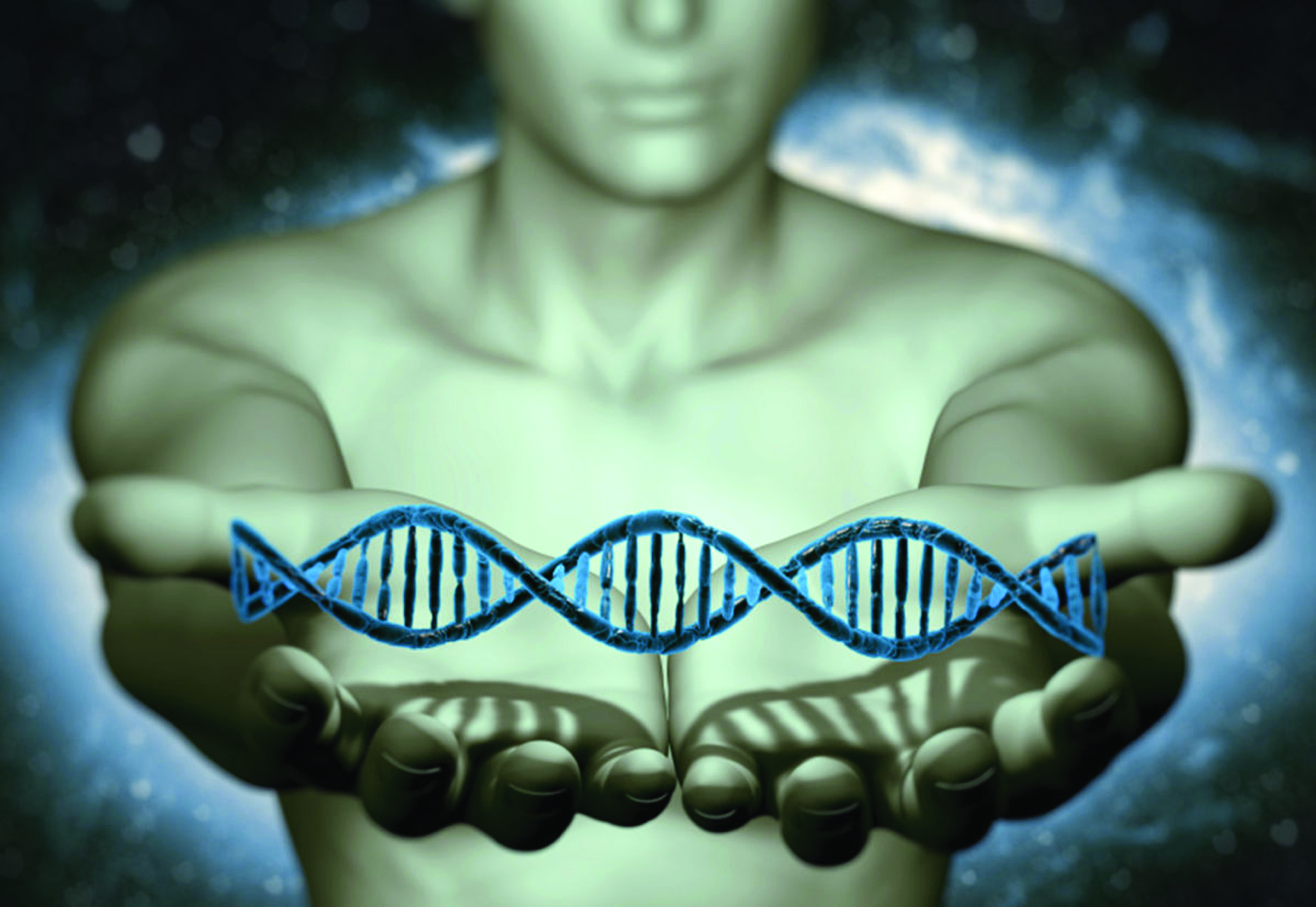
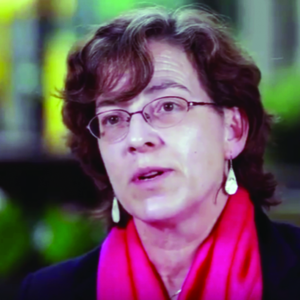
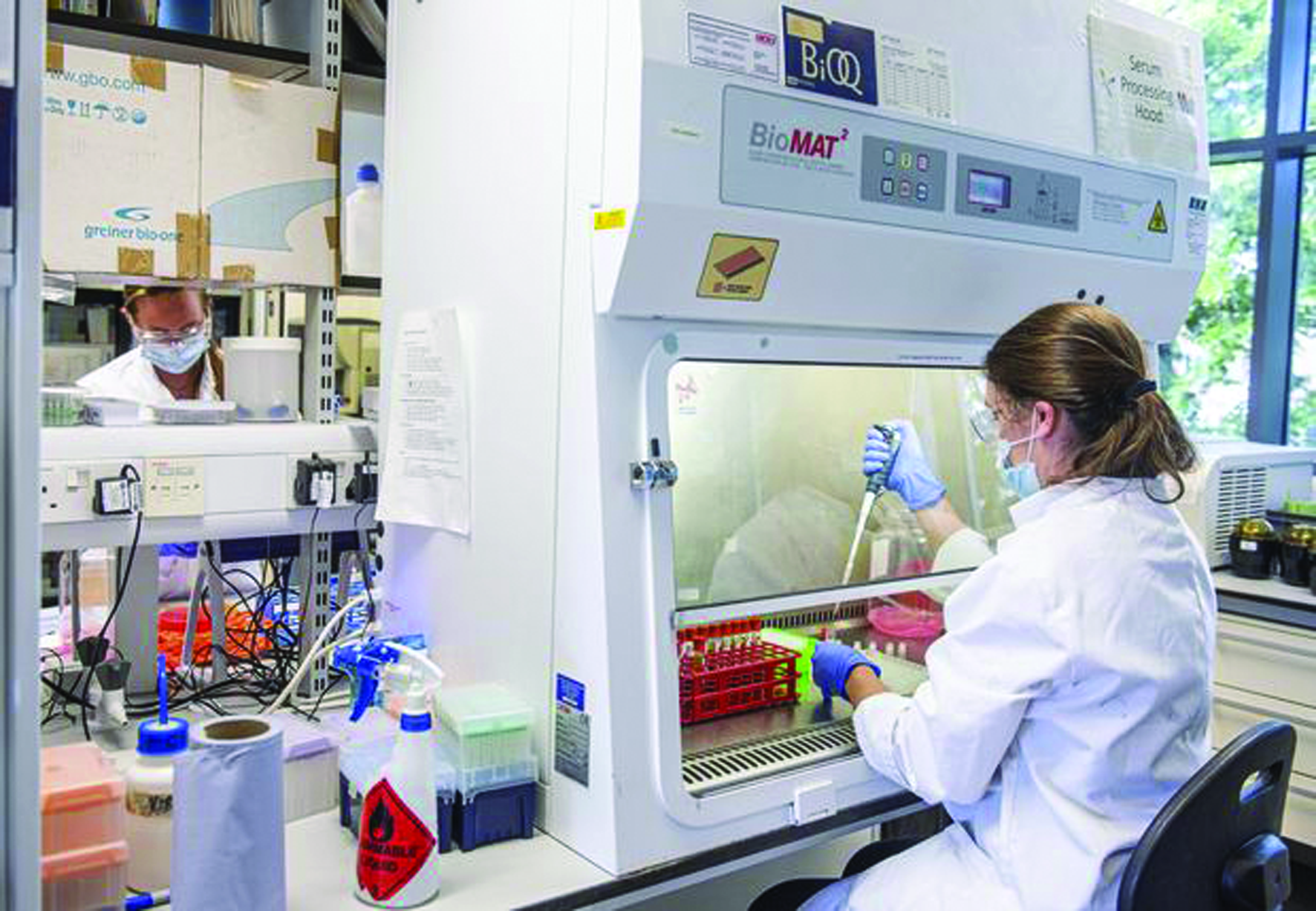
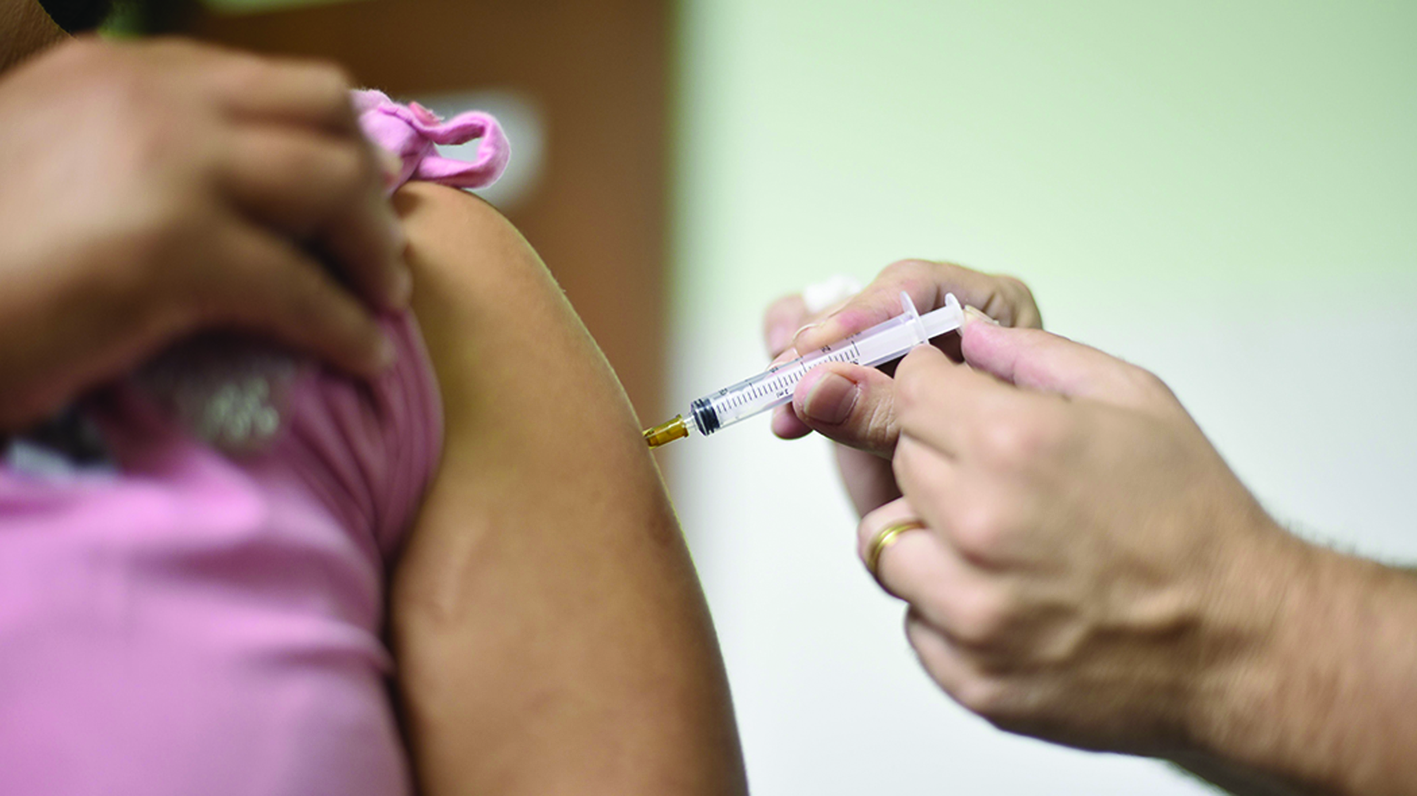

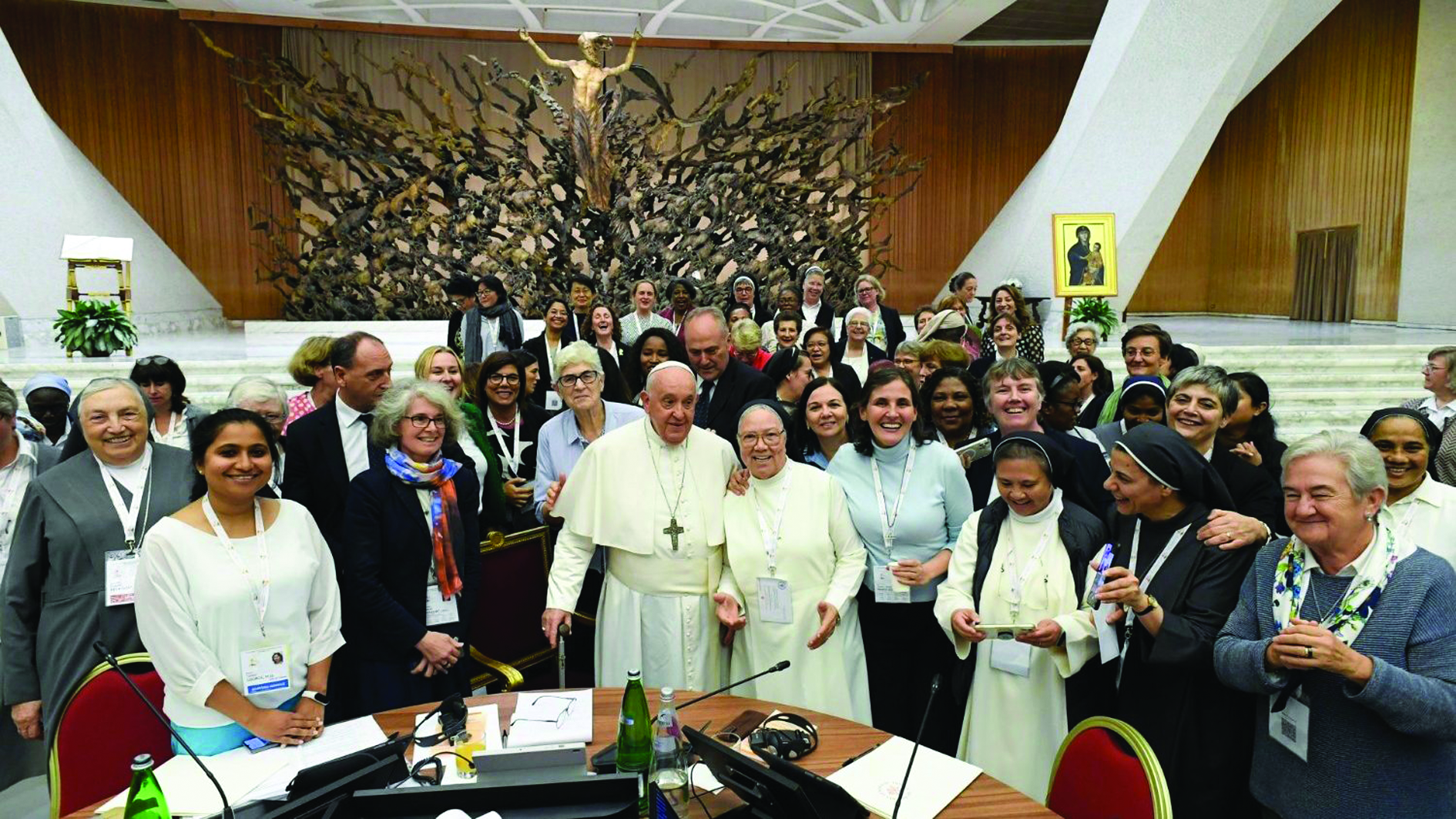



Facebook Comments